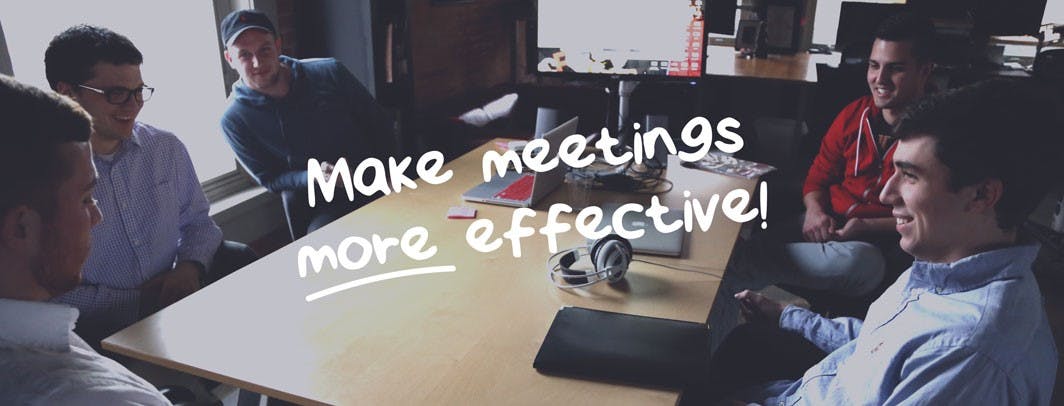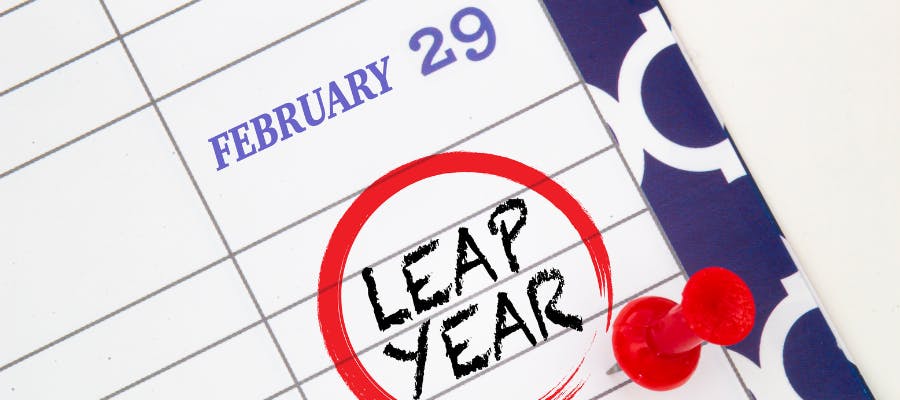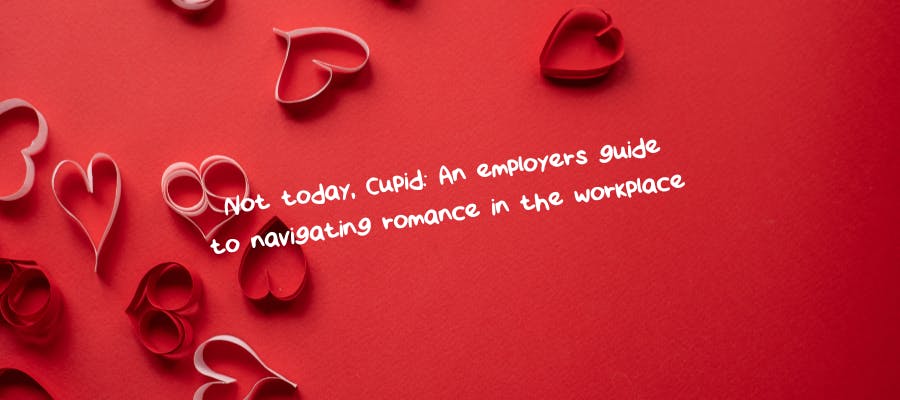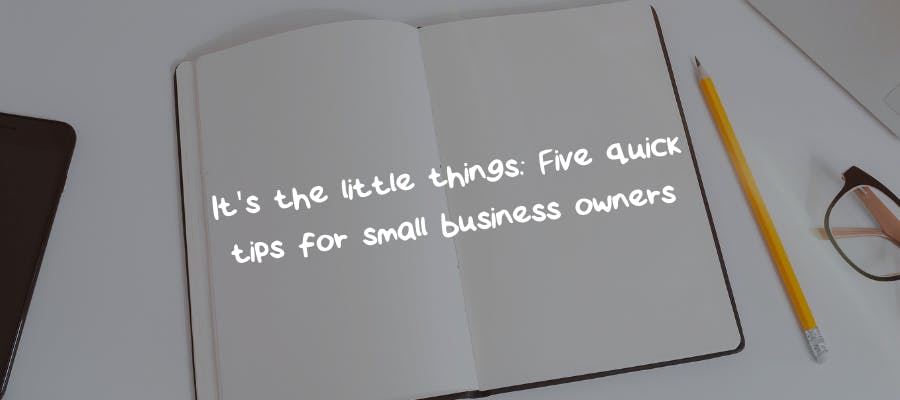First published on Thursday, Aug 13, 2020
Last updated on Thursday, Aug 17, 2017
We seem to have become obsessed with meetings. Pre-planning meetings, meetings about meetings, conference calls, post-project meetings, catch up meetings. It’s estimated that the average UK worker will attend over 6,000 meetings in their lifetime and if you factor in cost, it is estimated that UK SMEs waste £63,700 per annum on meetings.
There’s also the ripple effect to contend with. Meetings don't usually happen in isolation. One meeting creates another, that creates several more, and so it goes on. In one large organisation, a weekly executive committee meeting was found to cost the company 300,000 person hours a year once you factored in all the support meetings.
And that’s just taking into account the time actually spent in the meeting. You also have to factor in the time it takes you to prepare for the meeting and the potential travel time if you have to attend a meeting off site.
If meetings were effective this time and effort may possibly seem worthwhile, however, they aren’t. A recent survey showed that 40% of respondents said half of meetings are unnecessary, sixty-three percent of meetings have no planned agenda and six percent of workers find it such a struggle to stay focused they even take naps during meetings.
Through the Lazy Manifesto, we demonstrate if something isn’t bringing value then you need to limit it or get rid of it altogether. Meetings are the perfect example of this. So how do we make meetings more effective? How do we Meet lazy?
Do you even need a meeting?
The first thing you need to do is ask yourself a few questions. Why do you want to hold a meeting in the first place and what are you trying to achieve by having a meeting? By understanding the motivation you can start to see if a meeting is even necessary. If you do feel a meeting is needed you might want to consider potential alternatives. For example, could you achieve everything by having a five minute stand up rather than having a 30 minute sit down?
Stick to the essentials and park everything else
Meetings can become easily hijacked or derailed when there is no clear objective or goal. It is therefore important to set these out right at the outset of any meeting. By doing so people know what the meeting is trying to achieve, you focus on the essentials rather than the nice to haves and anything that doesn’t help meet the objectives can be set aside to be considered later.
Limit the meeting time
Why do meetings always last 30 minutes or an hour? It’s probably because your online diary has been set up that way. Parkinson's law states that ‘work expands so as to fill the time available for its completion.’ So if you give yourself 30 minutes the meeting will usually last 30 minutes. But it doesn't have to be that way.
Next time you hold a meeting why not challenge yourself to have it completed in 15. Set up a stopwatch on your phone and stick rigidly to the time.
Take your meeting on the road
Meeting rooms aren’t the most creative of environments and it’s no wonder people zone out or nod off. So why not take the meeting on the road? Walking meetings can help boost your creativity, they get you away from the desk for a bit, they can help keep your meetings focused and on topic and what’s more, they can improve your health. What’s not to like? Just tell everyone beforehand so it’s not a surprise.
Utilise technology
One of the biggest wastes of time, effort and money when it comes to meetings has to be travel. But in the age of connectivity and instant communication why don’t we utilise technology? Skype, Slack, Facetime, these are just a few ways you can cut back on the travel costs and still have a productive meeting.
Making meetings more effective is just one way to work lazy. Find out how working lazy can help your business become more productive. Download the Lazy Manifesto today






